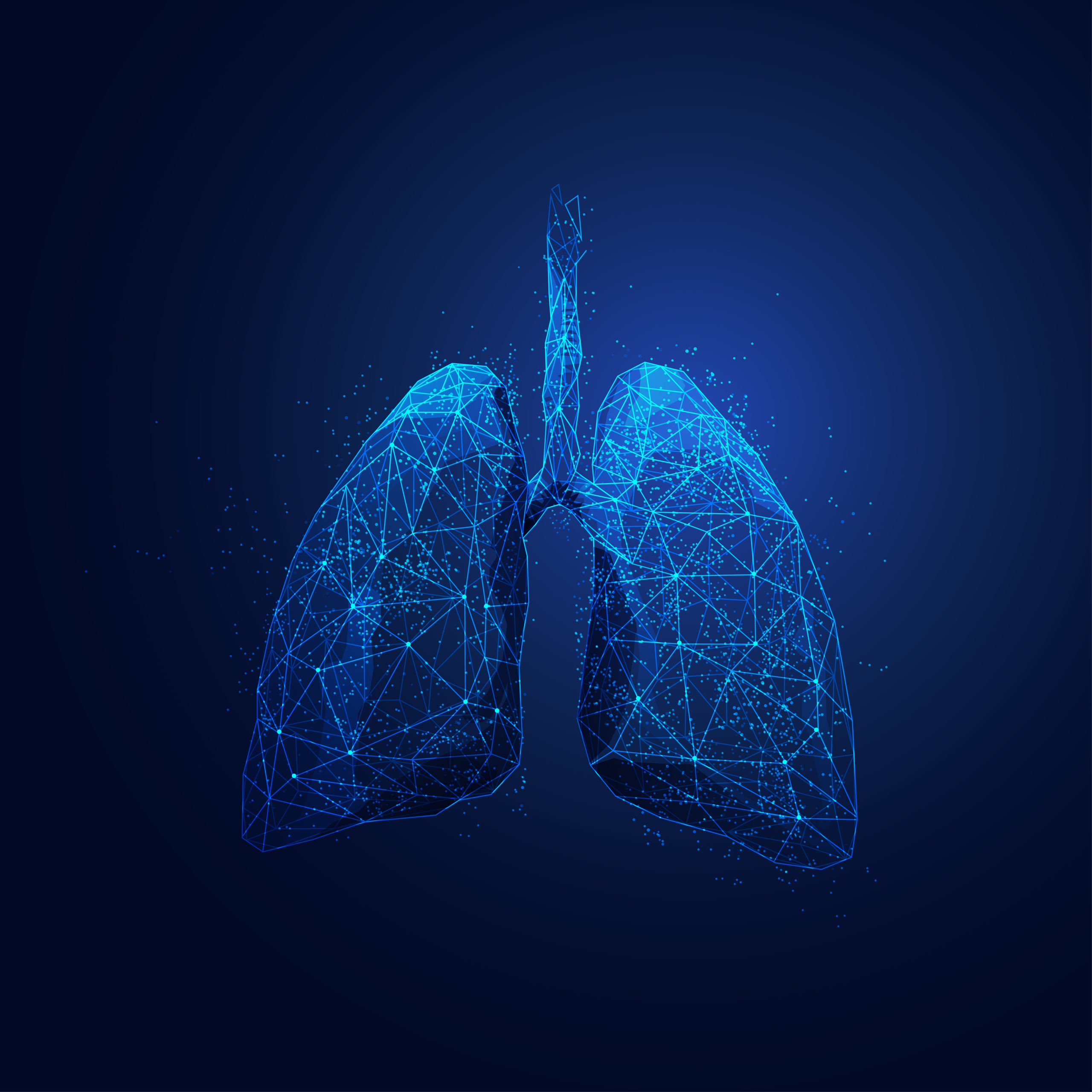Tag: Pulmonology
-

Advancing Lung Health Through Discovery-Based Research
Chronic lung disease is still the fourth leading cause of death in the U.S., making chronic lung disease both a research and clinical priority for many academic medical centers across the U.S. — including the Feinberg School of Medicine.
-

Good Outcomes in COVID-19 Lung Transplants
Patients with COVID-19-associated lung disease who received lung transplants had similar outcomes compared to patients without COVID-19, according to a study published in JAMA.
-

Northwestern Medicine Investigators Receive $14 Million Grant to Study Viral Pneumonia
An interdisciplinary team of Northwestern Medicine investigators led by Karen Ridge, PhD, has been awarded a $14 million grant from the National Heart, Lung, and Blood Institute to study the mechanisms that promote lung tissue repair in patients with severe viral pneumonia.
-

The Long Haul
The growing number of patients suffering from long-term complications of COVID-19 has spurred the creation of Northwestern Medicine’s Comprehensive COVID-19 Center, which provides coordinated, multidisciplinary care.
-

Transforming Lung Cells Critical for Pulmonary Fibrosis
The failure of epithelial cells to complete a stem cell-like transition may lead to pulmonary fibrosis, according to a Northwestern Medicine study.
-

Next-Gen Sequencing
Northwestern’s investment in next-generation sequencing is leading to unprecedented avenues of discovery.
-

Changes in Macrophages Drive Vulnerability to Lung Infections
An age-related accumulation of a signaling molecule may be one culprit behind older adults’ vulnerability to viral pneumonias, according to a recent study.
-

Why COVID-19 Pneumonia Lasts Longer, Causes More Damage
Northwestern Medicine investigators have shown how COVID-19 pneumonia is different from typical cases of pneumonia, spreading across the lungs like multiple wildfires and leaving tissue damage in its wake.
-

Double Lung Transplants Save COVID-19 Patients
Double lung transplants performed by Northwestern Medicine surgeons in patients with irreversible lung damage from COVID-19 helped save lives, according to a recent study.
-

Novel Drug May Remedy Antibiotic Resistant Infections
A novel antibiotic drug showed similar treatment effectiveness compared to current therapies in patients with antibiotic resistant bacterial infections, according to two complementary clinical trials.






